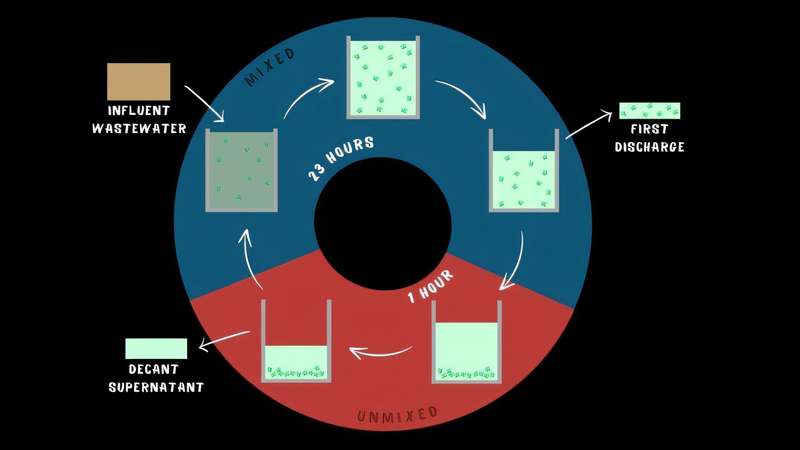In drought-stricken rural regions of South Australia, water scarcity is more than a seasonal challenge\u0014it's a way of life. Researchers at Flinders University are pioneering a green solution by harnessing the power of algae to recycle wastewater and support non-potable uses like irrigation.
The team is field-testing enhanced high-rate algal pond (HRAP) systems that incorporate native filamentous algae, which accelerate treatment and simplify solids removal. In these systems, low-energy paddlewheels circulate wastewater through channels where microalgae and bacteria team up to strip out contaminants.
"Algae-bacterial granule formation is a positive way for biofilms to form dense, fast-settling biomass and improve treated wastewater quality," said Flinders University PhD researcher Sam Butterworth.
Building on existing infrastructure, local councils are already deploying HRAP systems to deliver cleaner water without the high costs or energy demands of traditional sewage treatment. Now, researchers are pushing the envelope with advanced sequencing batch reactor HRAP technology, aiming to optimize biological cycles for even faster, more efficient processing\u0014without major new investment.
This breakthrough offers a scalable, low-cost alternative for regions grappling with drought, proving that when innovation meets nature, real-world impact can flow from something as simple as green algae.
Reference(s):
Researchers use algae to recycle wastewater in drought-hit regions
cgtn.com



